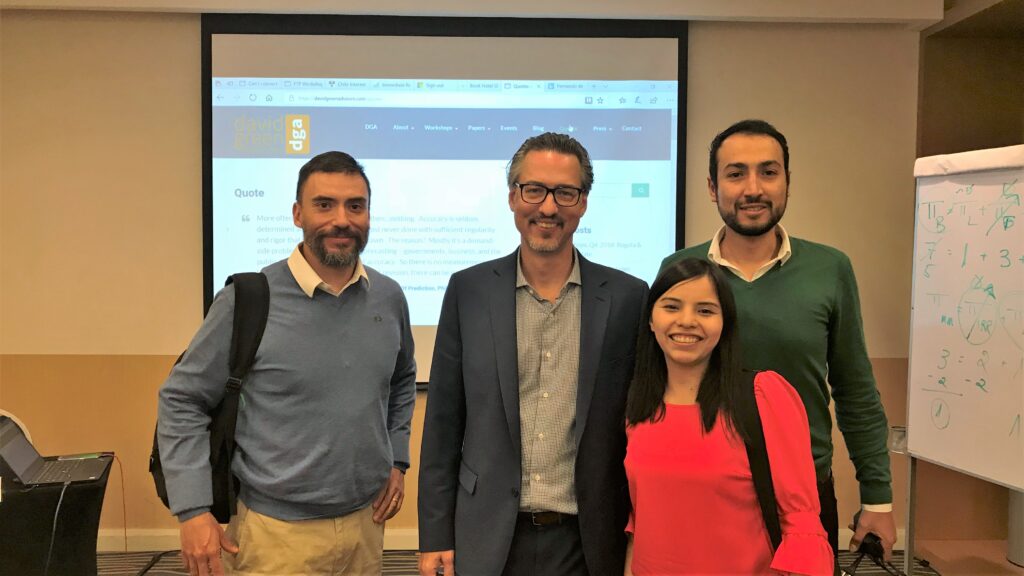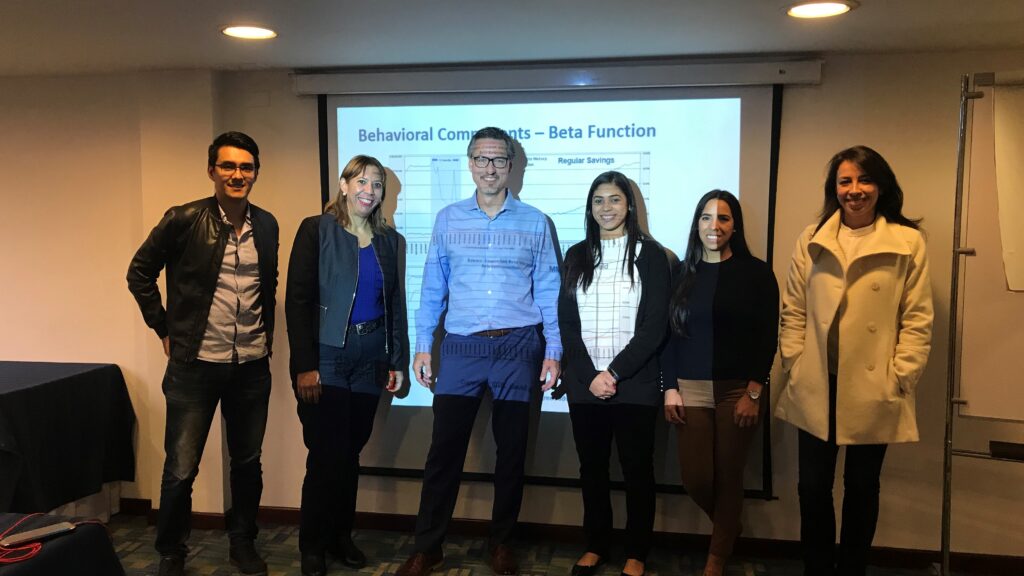Archive for November 2018
FTP Workshop – Santiago – Nov 2018
Thanks to the large group of delegates from Colombia and Chile who attended my FTP workshop in Santiago. Once more, I observed that bankers in Central and South America are…
Read MoreNMD Workshop – Bogota – Nov 2018
Thanks to everyone from Colombia and Dominican Republic who attended my deposit modeling workshop in Bogota. In addition to experiencing higher and more volatile interest rates relative to banks in…
Read More

